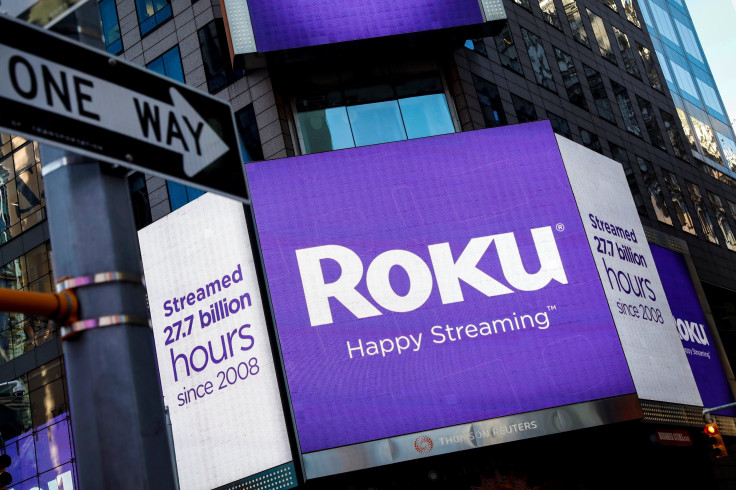Is Roku Ready To Enter The Smart-Speaker Market?

Roku's (NASDAQ:ROKU) pivot from streaming-device maker to advertising platform provider may have people forgetting that it is still the leading hardware company in the space and that it has no intention of abandoning the business.
This article originally appeared in the Motley Fool.
New data from research firm Parks Associates shows Roku still commands an industry leading 37 percent of the streaming-device market. Meanwhile, Amazon.com has padded its lead over a fading Google, with 28 percent of consumers using a Fire TV device compared to 14 percent who use a Chromecast. Apple has now moved into third place with a 15 percent share for its Apple TV box.
Yet it's increasingly clear that Roku isn't taking an either-or approach to hardware and software, but is using each to build upon the other. The latest example is its newest platform, Roku Connect, a wireless speaker software system to be licensed out to third-party developers.
Roku Connect was announced earlier this year and will be integrated into a branded smart speaker featuring the Roku Entertainment Assistant that connects a home's complete entertainment system — speakers, surround sound systems, smart TVs, soundbars, etc. — into a unified whole that you can control with voice commands.
Wall-to-wall sound
Roku and Chinese consumer electronics giant TCL announced at the 2018 Consumer Electronics Show in January that smart speakers would be hitting the market this year. A recent report from Cord Cutter News says TCL revealed in a Federal Communications Commission filing what could be the first Roku Connect smart speaker.
Roku said it would license the Roku Connect platform to third parties so they could design sound bars and smart speakers to control home entertainment networks, with both Roku and TCL unveiling the TCL Roku Smart Soundbar as the first device that would launch. A soundbar is an all-in-one speaker system that delivers high-quality TV sound without the real estate a typical home theater system requires.
In a blog post discussing the development in January, Roku said the TCL Roku Smart Soundbar would be compatible with any TV, but it would be even more functional if used with a TCL Roku TV because it would extend "hands-free voice and audio capabilities to the TV for more control and entertainment."
Feeding on a narrower slice of the pie
Roku might appear to be late to the smart-speaker market, as Amazon nearly owns the field with its Alexa-powered Echo devices, which have a better than 70 percent share, but it doesn't look like it's trying to compete in that segment anyway. The Roku Smart Soundbar is not a full-throated artificial-intelligence device, but rather one that's narrowly focused on home entertainment, much like the Apple HomePod is more focused on superior sound quality.
However, it's feasible Roku would have the opportunity later on to add new functionality to its Roku Connect platform that would let it control more household devices, similar to a full-featured voice assistant.
The narrower focus is a smart move because it remains in Roku's wheelhouse of enhancing its home entertainment ecosystem. It's the premier streaming-device maker, and its advertiser-supported Roku Channel has quickly become one of the top 15 channels on Roku devices. Roku-powered smart TVs also now account for 25 percent of all smart TVs sold in the U.S.
Consumers are familiar with and satisfied with their Roku experience. And now, a device from the same company that gives them voice control of their entertainment systems could prove quite popular. For as much as Amazon dominates the smart-speaker market at the moment, only around 19 million U.S. households, or just 20 percent of the total, have a smart speaker. So there is still enormous potential for third parties like Roku to capture a large customer base in niche areas.
Roku won't be turning out soundbars and smart speakers itself, as it does with its streaming devices. But the company clearly intends to build upon that base with its software capabilities to have branded devices become a key component of this still-nascent market.
John Mackey, CEO of Whole Foods Market, an Amazon subsidiary, is a member of The Motley Fool's board of directors. Rich Duprey has no position in any of the stocks mentioned. The Motley Fool owns shares of and recommends Amazon and Apple. The Motley Fool has the following options: long January 2020 $150 calls on Apple and short January 2020 $155 calls on Apple. The Motley Fool has a disclosure policy.





















